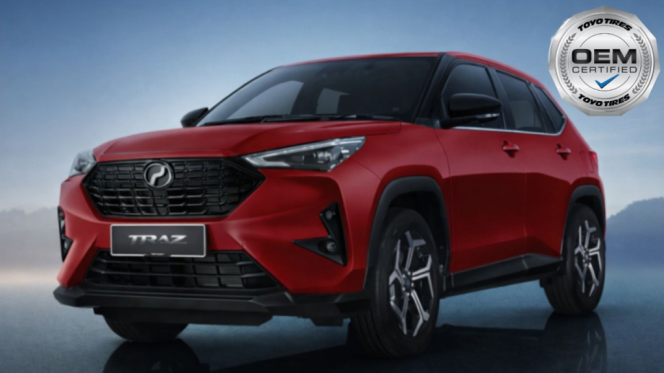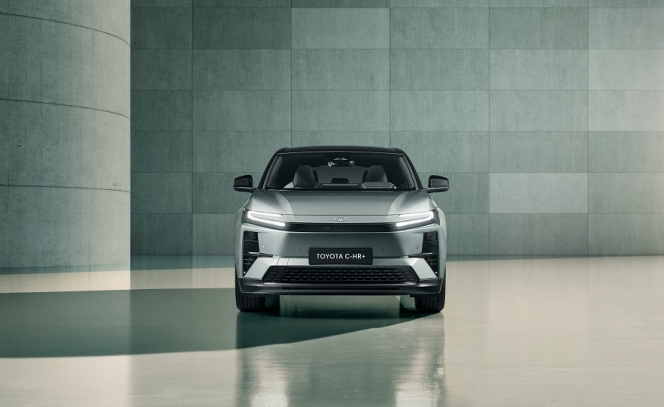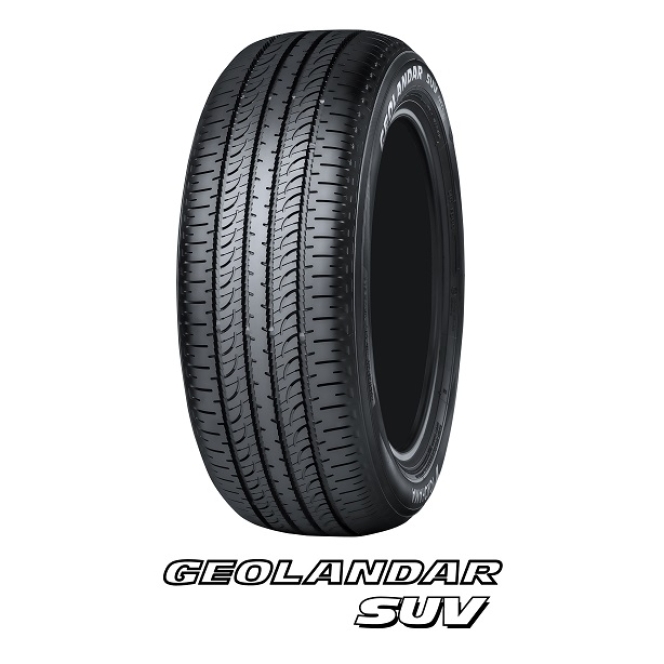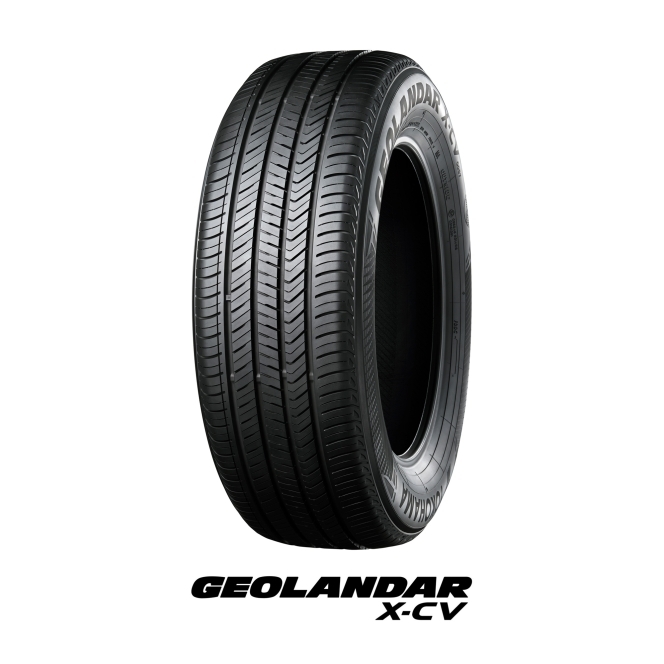It has been a childhood dream for her to drive a car. “No one had approved of my dream to drive a car but still I went for it,” she told Tyre Trends. Her parents were worried and didn’t let her drive as it was physically challenging for her, she proved them wrong. It was only after her father saw the way she drove the car his mind was at peace. There were people who gave both negative and positive comments on her passion for driving but she was determined in learning to drive a car.

“My father is now fully supportive of my passion to drive. He accompanies me to the court whenever there is a need for it. He has been the pillar of support throughout my fight.”
Jilumol, already a star in national media, learned to drive inside her hostel grounds of Mercy Nursing Home, where she grew up after the death of her mother. She practices in her car daily on the very same ground. Unfortunately, she has to satisfy her passion for driving inside the confined walls of the hostel itself.
She has been struggling her way to get her learner’s licence passed. She at first learned to get her steering balance in a normal unaltered car. She didn’t feel the usual sense of fear any girl would have they first sit behind the wheels but instead Jilumol’s eyes gleamed with excitement.
She became more and more eager to get her licence but didn’t know what to do. She had tried to contact Vikram Agnihotri, a similarly handicapped man from Indore, India, who drives his car on the road with his legs. She just wanted to know how he got his licence passed but when she asked about the same to him, he didn’t respond.
It was when she went to take a seminar in a school in Kumily, Kerala, she met Adv. Shine Varghese. It was him who informed her about the possibility of getting her licence through the High Court. Adv. Shine Varghese along with Adv. Hariharan had helped her throughout the process.

In the year 2018, February, she had approached the court for her licence and by July last of the same year, she got a positive judgment from the court. The court had asked the Thodupuzha RTO to accept her learner licence and also asked Jilumol to get a car altered according to her needs.
She got a custom-built Maruti Celerio Automatic car, which she got altered with the help of Biju Varghese from Erumeli, a physically challenged man who had altered his car according to his necessity. The only alteration Jilumol needed was to get the accelerator and brake pedals risen to her height. After she got her car altered, she learned to drive it all by herself using her feet.
When she went to get her car registered, the vehicle inspector insulted her by saying that he won’t register a car for a person who doesn’t have any arms to drive it. Till date, she has not been able to register her car, and since her car is not registered, she has not been able to attempt the learner’s exam.
Caring the tyres
She takes care of her car like it is her own baby and sees that she keeps takes good care of it. “Air pressure of the tyre of a car is the most important thing that needs to be checked every now and then. As of now, I drive my car every day inside the hostel compound. If there is any problem with the tyre pressure, we would automatically know it. For those who drive their car on the road only will easily be able to understand the fault in the tyre pressure,” she said.
When asked about her dream car, she pointed at her own. She longs for the day when she can drive it on busy roads of her native place. She is still on the fight to get her car registered and get a driving licence.
The artist

Jilumol is a foot artist under the Mouth and Foot Association, an association of about 700 artists that promotes mouth and foot artists around the world. She is also a graphic art designer professionally, currently working at Viani Printings in Ernakulam. No matter how hard things can get for her, she will never stop fighting for what she longs for.
“I started from where you stopped. If I can go this far, you can do much more’, says Jilumol Mariet Thomas.
Toyo Tires Proxes CR1 Chosen As Original Equipment For All-New Perodua Traz
- By TT News
- February 09, 2026

Toyo Tires has announced that its Proxes CR1 tyre has been selected as the official Original Equipment fitment for the all-new Perodua Traz. This partnership begins with the vehicle's 1.5 (X/H) variant, which rolls off the line equipped with 215/60R17 Proxes CR1 tyres in Malaysia, engineered to perfectly match the vehicle's comfort-driven character.
Through the application of Toyo Tires’ advanced T-Mode and Nano Balance Technology, the Proxes CR1 delivers on its promise of refined comfort and confident performance from the first drive. The optimised tread design ensures smooth responsiveness and reassuring stability while actively reducing road noise. Drivers benefit from reliable grip and stable handling across both wet and dry conditions, contributing to an efficient and secure journey.

As a leader in the market, Toyo Tires offers the Proxes CR1 and CR1 SUV as its most comprehensive range in Malaysia, catering to a wide variety of passenger cars and SUVs with sizes available from 14 to 20 inches.
- Dunlop
- Sumitomo Rubber
- Dunlop SP SPORT MAXX 060
- Dunlop e. SPORT MAXX # C-HR+
- Toyota Motor Corporation
Dunlop Selected As OE Tyre Supplier For New Toyota C-HR+ BEV
- By TT News
- February 09, 2026

Dunlop (company name: Sumitomo Rubber Industries, Ltd.) has commenced supply of its Dunlop SP SPORT MAXX 060 and e. SPORT MAXX tyres as original equipment for Toyota Motor Corporation’s new C-HR+, an all-electric vehicle launched in Europe in December 2025. This BEV model combines a stylish design with an expansive cabin and achieves a greater driving range than previous versions through enhancements including modified battery cells.

The supplied tyres contribute directly to this improved range by utilising a new tread rubber compound that lowers rolling resistance. They also provide a quieter ride, a benefit of their optimised tread pattern design. In addition to delivering strong steering stability and wet grip performance, the tyres feature the proprietary Nano Black technology. This technique produces a deeper, richer black on the sidewalls, enhancing the visibility of the Dunlop branding and lending a more premium aesthetic to the vehicle.
- Yokohama Rubber
- Yokohama GEOLANDAR SUV
- SUV Tyres
- Minivan Tyres
- Mitsubishi Motors
- Mitsubishi Delica D:5
Mitsubishi Delica D:5 To Run On Yokohama GEOLANDAR SUV Tyres
- By TT News
- February 03, 2026

The Yokohama Rubber Co., Ltd. has expanded its established partnership with Mitsubishi Motors Corporation through the selection of its GEOLANDAR SUV tyre as original equipment for the newly launched 2026 Delica D:5 minivan. This latest generation of the vehicle, which debuted in Japan in January, features the tyre in size 255/55R18 98H. The collaboration builds upon a proven history, as the GEOLANDAR SUV was also fitted to the previous Delica D:5 model. For this new application, Yokohama engineers focused on refining the tyre’s performance, achieving enhancements in fuel economy and a reduction in external noise compared to the already well-regarded predecessor.
The GEOLANDAR SUV line is engineered primarily for modern minivans and on-road-focused SUVs, balancing the demand for everyday comfort and safety with versatile utility across diverse surfaces. Yokohama’s relationship with Mitsubishi extends beyond this single model, with the GEOLANDAR brand appearing on several vehicles in the automaker’s portfolio. Notably, the GEOLANDAR G94 model has been supplied in recent years for the Triton and Pajero Sport, underscoring a continued mutual confidence between the two companies.
This tyre supply agreement aligns with the comprehensive updates characterising the new Delica D:5. Mitsubishi has introduced refreshed exterior and interior styling while incorporating sophisticated all-wheel control technology and advanced driver-assistance systems. These improvements collectively elevate the distinctive dynamic character and driving capabilities for which the model is known, with Yokohama’s tyres contributing directly to its on-road performance and efficiency.
Subaru’s 2026 Solterra BEV Rolls Out On Yokohama GEOLANDAR X-CV Tyres In North America
- By TT News
- February 03, 2026

The Yokohama Rubber Co., Ltd. has initiated original equipment supply of its GEOLANDAR X-CV tyres for Subaru’s new 2026 Solterra SUV-type battery electric vehicle (BEV), in North America, size 235/50R20 100V. For the Japanese market Solterra, the company continues to provide the ADVAN V61 model. This new GEOLANDAR X-CV is engineered as a modern highway terrain tyre that meets the M+S standard, emphasising high-speed capability and drivability alongside a balanced performance in safety, comfort, durability and fuel efficiency.
Developed through Yokohama’s AI-powered HAICoLab framework, which blends human creativity with artificial intelligence for advanced data processing, the tyre incorporates specific technologies for electric vehicles. This is signified by an ‘E+’ mark on the sidewall, indicating enhancements in durability, quietness and energy efficiency tailored to electrified vehicles.
This supply agreement aligns with the strategic goals outlined in Yokohama Transformation 2026, the company’s medium-term management plan running through 2026. A core initiative of this strategy is to increase the proportion of high-value-added tyre sales by expanding original equipment placement for key global brands. This includes actively promoting both the flagship ADVAN line and the GEOLANDAR series for SUVs and pickup trucks on new vehicles worldwide.







Comments (0)
ADD COMMENT